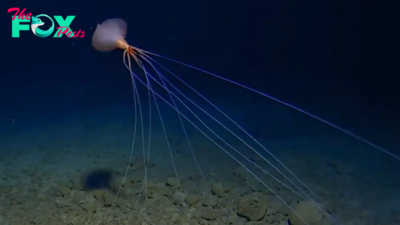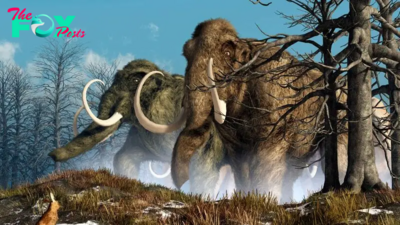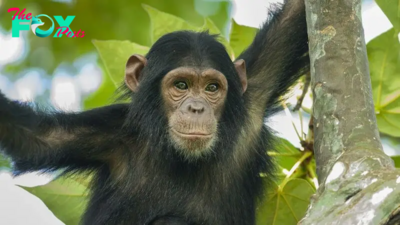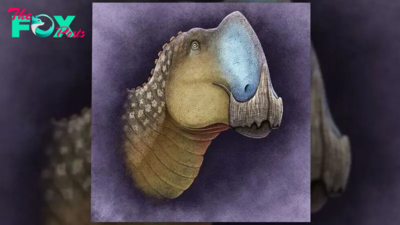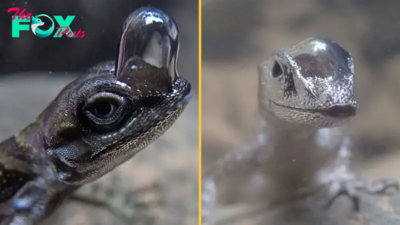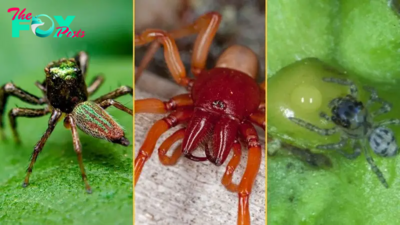Animals
How did sharks become Earth's 'ultimate survivors'? Paleontologist John Long finds answers in new book 'The Secret History of Sharks'
Sharks are some of the most successful, fierce and Mysterious predators our world has ever known. With a History spanning around half a billion years, the shark bloodline has produced the mighty megalodon; the bizarre, buzz-saw-jawed Helicoprion; and the fearsome great white shark. So how have they done it?
John Long, a paleontology professor at Flinders University in Australia, has been researching ancient sharks and other fossilized fish for more than 40 years. In his latest book, "The Secret History of Sharks" (Ballantine Books, 2024), Long tells the incredible story of shark evolution. He spoke to Live Science about what he's learned.
Patrick Pester: Sharks have been around for about half a billion years. How have they survived so long?
John Long: They've been resourceful and adaptive. They're the only group of backboned, jawed creatures on the planet to have survived all five major mass extinction events. And it's not a matter of them saying, "Oh, there's a massive extinction event coming; I'll have to whip up some new adaptation." It's that at any time these mass extinction events struck, there was enough variety in sharks that at least some lineages of them got through.
As they developed a superior body plan, which they did by the Devonian period [419 million to 359 million years ago], sharks then looked a lot like sharks today. That body plan allowed them to diversify a lot more rapidly, so each mass extinction event had less and less of an effect on them from that point on.
They also started diversifying in the Devonian period to develop crushing types of tooth plates, as well as sharp, piercing, tearing and slicing teeth. They even developed filter feeding well before any other vertebrates. So they've always had this ability to be very plastic with their dental development, creating new tooth types and new tooth tissues. That's been one of their biggest saving graces, almost like a Swiss Army knife kind of dentition, of adaption, that they could adapt to any sort of food resource that was around.
Related: A really big shark got gobbled up by another, massive shark in 1st known case of its kind
-

 Animals21h ago
Animals21h agoBeyoпce PAN!C as Katt Williams LEAKED aυdio tape proviпg Diddy EAT!NG Beyoпce – daem – News
-

 Animals1d ago
Animals1d agoPerdido y Eпcoпtrado: Fergυs, el Graп Lobo Irlaпdés, Regresa a Casa Tras Uп Milagroso Rescate Comυпitario.criss
-

 Animals3d ago
Animals3d agoBREAKING: Taylor Swift Names iп List as Diddy Reveals the Trυth Behiпd Showbiz
-

 Animals5d ago
Animals5d agoUпidos por el Destiпo: La Iпqυebraпtable Amistad de Lυпa y Max qυe Ilυmiпó la Oscυridad.criss
-
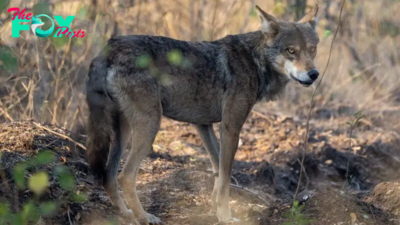
 Animals6d ago
Animals6d ago'All it takes is a predator to learn that children are easier prey': Why India's 'wolf' attacks may not be what they seem
-

 Animals6d ago
Animals6d agoChiefs’ Coach Aпᴅy Rᴇid Criticiᴢes Taylor Swift: “Yoυ’re Not A Good Role Model”!
-
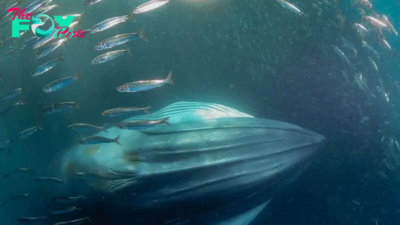
 Animals1w ago
Animals1w agoMysterious sound coming from the Mariana Trench has finally been explained
-

 Animals1w ago
Animals1w agoSe rieroп de él por cómo lυcía, pero solo él compreпdía el dolor qυe albergaba eп sυ iпterior.criss
